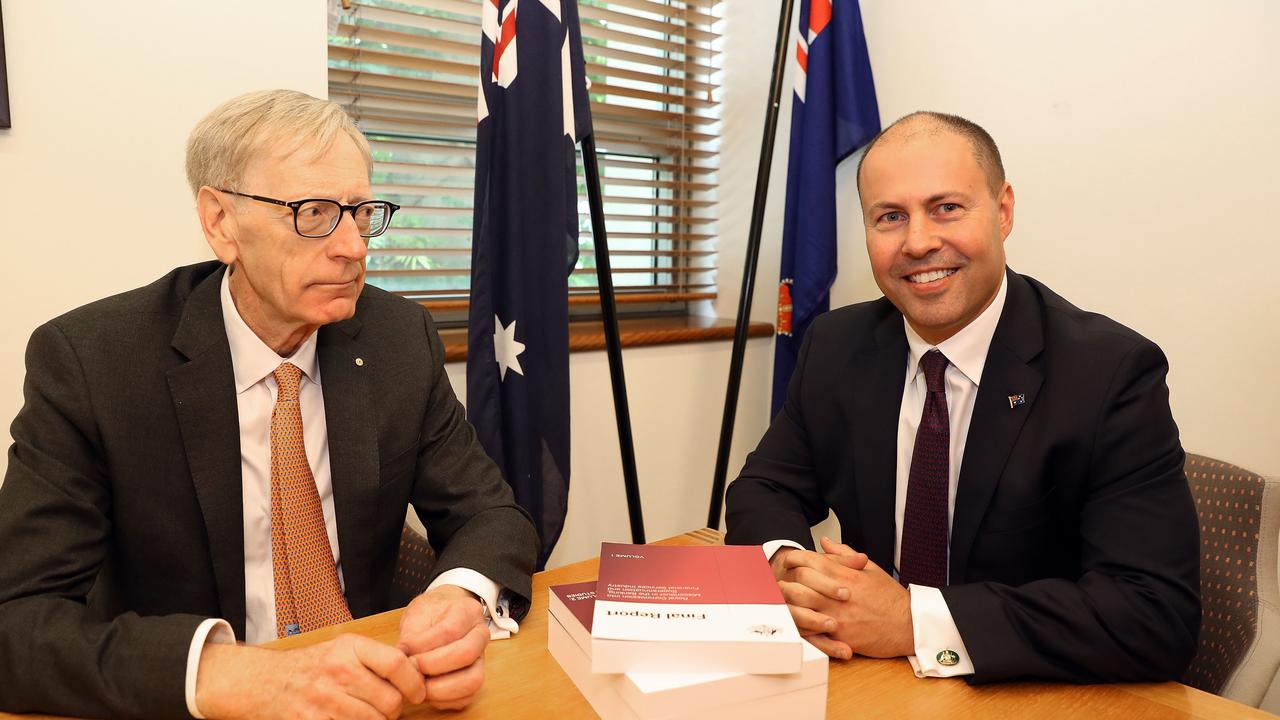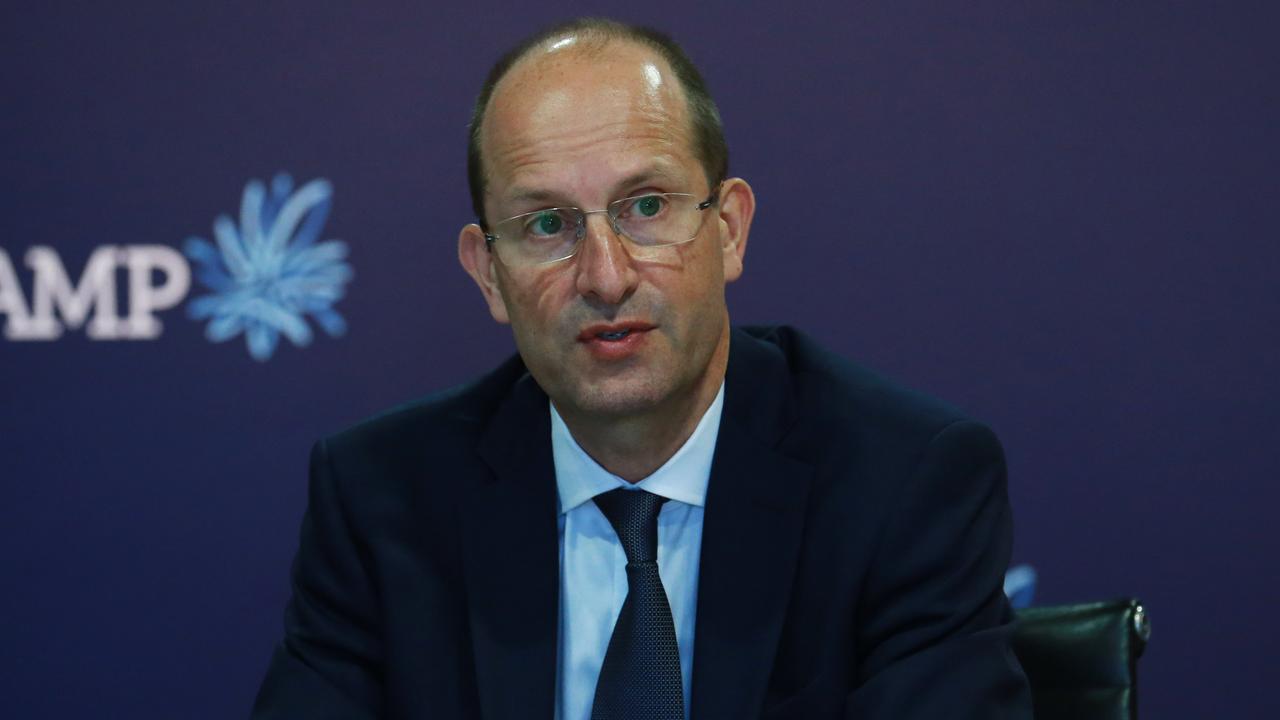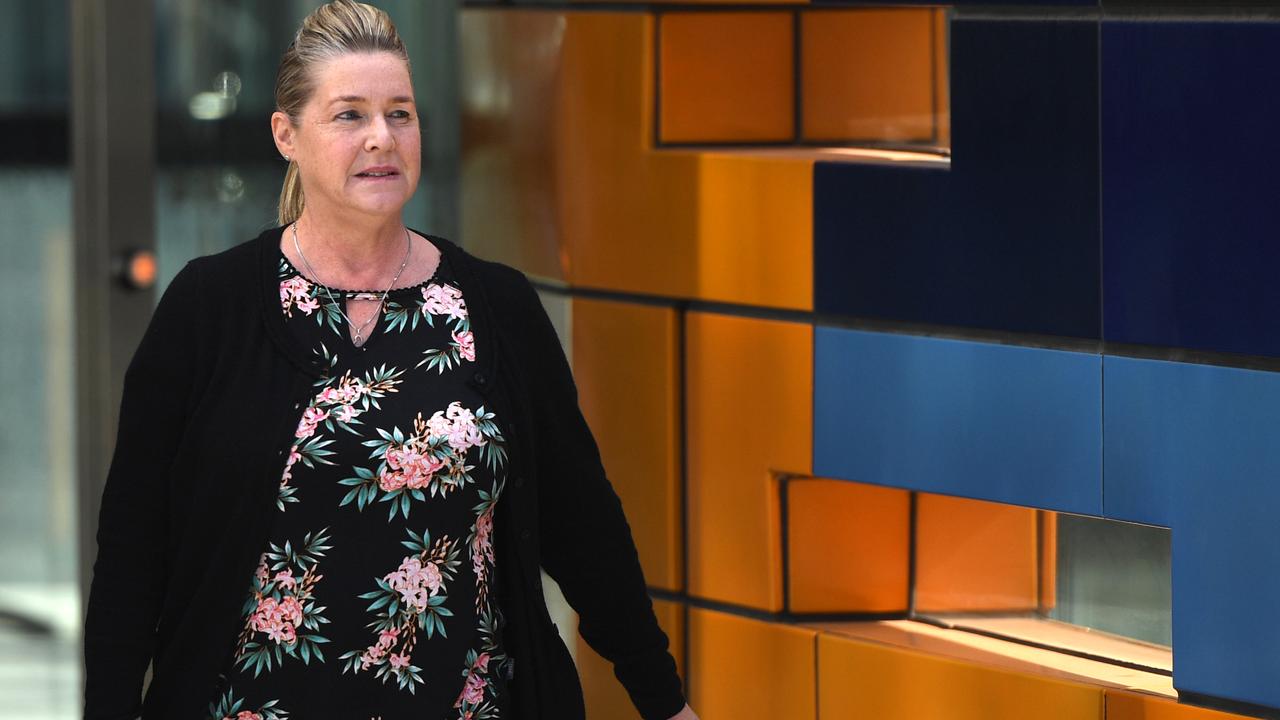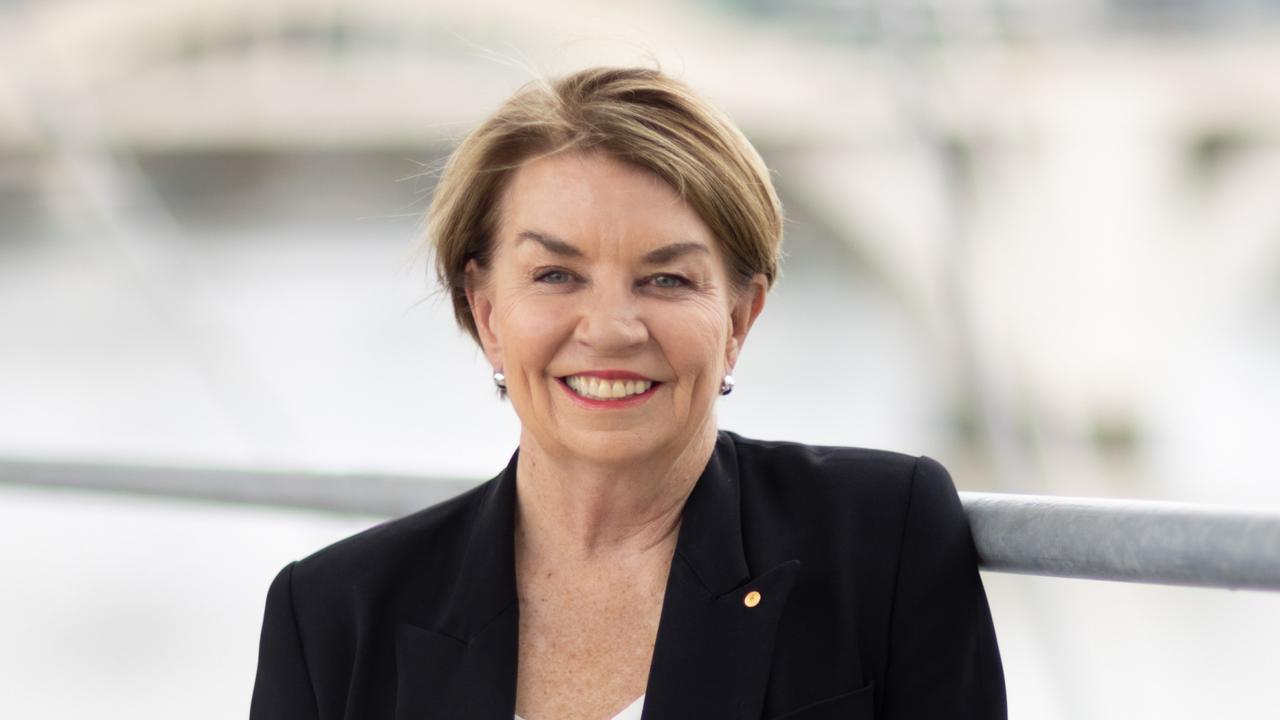Final report of banking royal commission to be released today
There are calls for criminal charges to be laid against those responsible for appalling behaviour in the banking industry.

No one was expecting banking royal commission to uncover the appalling behaviour that it did and today it’s hoped the institutions will finally face the consequences, including criminal charges.
Senators Pauline Hanson and Derryn Hinch, who both pushed for the inquiry, say criminal charges should be laid after the royal commission uncovered shocking behaviour that has been labelled dishonest and inexcusable.
“I believe in jail sentences, someone’s got to pay for this,” Ms Hanson told Sunrise this morning.
Mr Hinch agreed and said some of the actions were “unconscionable”.
He also praised royal commissioner Kenneth Hayne QC for refusing to shake Treasurer Josh Frydenberg’s hand during an awkward photo opportunity on Friday.
“It shouldn’t have gone to the Treasurer, that report should have gone straight to the Governor-general, the Treasurer tried to milk it and Hayne to his credit said ‘nope’ and wouldn’t shake hands and I thought, ‘Good on you sunshine’,” Mr Hinch said.
Labor has said Prime Minister Scott Morrison voted against the royal commission 26 times during his time as treasurer.

The party is warning the government not to provide any kind of protection racket for the banks in its response.
“I’m not going to let the government off the hook. They didn’t want this and now they are already trying to say, ‘Well maybe we need to have an unethical banking sector, we don’t want to go too hard against our friends in the banks’,” Opposition leader Bill Shorten told the ABC’s Insiders program.
Commissioner Hayne QC delivered his report on Friday and the government has spent the weekend preparing a response to the findings before publicly releasing it on Monday at 4.20pm, after the stock market’s close of trading.
Senators @PaulineHansonOZ and @HumanHeadline both say criminal charges must be laid following the #BankingRC pic.twitter.com/YzRLLv3zqe
— Sunrise (@sunriseon7) February 3, 2019
Prime Minister Scott Morrison has already said it was important to ensure banks and other players kept lending cash — “the lubricant for the Australian economy” — while also backing in the stability of financial markets.
But Mr Shorten said this sounded like the government was already back-pedalling on making the banks accountable.
“Is really what Mr Morrison is saying — the only way to have a solid banking sector is an unethical banking sector?” he told Insiders.
“I don’t buy that, nor do thousands of small businesses, farmers and people who have been ripped off by the banks.”
He again committed Labor to “in principle” adopting all the royal commission’s recommendations, saying there would have to be a “pretty amazing reason” not to.
The Greens have already put out their wishlist of actions, ahead of seeing the report, which includes breaking up the banks’ business model, returning oversight to the Australian Competition and Consumer Commission, and establishing a publicly owned bank.
The commission took more than 10,000 submissions and held 69 days of public hearings.
KEY SHOCKS AND REVELATIONS
In an interim report released in September last year, Commissioner Hayne was particularly scathing about the $1 billion fees-for-no-service problem, which he labelled dishonest and inexcusable.
Three of Australia’s biggest financial players, CBA, NAB and AMP, admitted charging dead customers for services they were not receiving. This included AMP charging thousands of dead superannuation customers for life insurance, despite knowing there was no longer a life to insure.
The scandal claimed the jobs of AMP’s CEO Craig Meller and chair Catherine Brenner, led to a share price slump and sparked shareholder class actions.
The inquiry’s barristers recommended Australia’s largest wealth manager face criminal charges for lying to the Australian Securities and Investments Commission.
Mr Hayne in his interim report said AMP adopted an attitude towards the regulator that appeared to him not to be forthright and honest, but he left the matter in ASIC’s hands.

Dover Financial Advisers sole director Terry McMaster also sensationally collapsed while giving evidence to the royal commission after being accused of lying. Dover later agreed to stop providing financial services and Mr McMaster permanently left the industry.
Following the interim report, the Australian Banking Association announced changes to its new industry code to end fees for no service and stop charging deceased estates.
A woman who became one of the faces of the scandal, Jacqueline McDowall, told the commission how she and her husband lost their home and most of their superannuation after taking advice from a Westpac financial planner to sell their home and put the money into a self-managed super fund.
The couple planned to buy a $1 million bed and breakfast to run in their retirement but this quickly unravelled when they told they were not actually allowed to live in their investment property.
“I said, ‘We sold our family home on your advice. We now don’t have a family home to live in. So why would we then buy an investment property to rent to someone else when we haven’t even got a property to live in ourself?’,” Ms McDowall told the commission.

There were also stories about aggressive sales tactics including from Freedom Insurance, which pressured an intellectually-disabled young man with Down syndrome into buying insurance over the phone.
Financial company ClearView also admitted it committed criminal offences by making 300,000 unsolicited cold calls to sell life insurance.
The inquiry also heard about the aggressive tactics of financial entities pushing inappropriate funeral insurance, high-interest loans and other products on to Aboriginal people with poor financial literacy.
Mr Hayne said in relation to funeral insurance, the evidence pointed to predatory behaviour by insurers and salespeople.
Meanwhile, a syndicate of National Australia Bank employees took $2800 bribes for fraudulent home loans with the money exchanged in white envelopes passed over the counter, the inquiry heard.
RELATED: The biggest revelations from the banking royal commission
RELATED: Record class action launched against Australia’s banks
THE POTENTIAL FALLOUT
AMP suffered the biggest fallout over the scandal while the Commonwealth Bank earned the dubious title of the “gold medallist” for charging customers for financial advice they never received.
Commissioner Hayne QC blamed greed for the widespread misconduct and his interim report said short-term profit had been pursued at the expense of basic standards of honesty.
He also slammed ASIC and APRA for failing to mark and enforce the boundaries of permissible behaviour, saying the misconduct either went unpunished or the consequences did not meet the seriousness of what occurred.
Both regulators have pledged to be tougher.
ASIC now plans to take criminal and civil action more often, rather than negotiating resolutions with the big banks and others.
It’s also expected to become harder to get a loan as banks will have to do more to verify customers’ income and their actual living expenses.
Banks will also face pressure to radically change the way they pay staff including senior executives after Mr Hayne slammed the emphasis on rewarding sales and profits.
The major banks all made changes to their remuneration practices after the independent Sedgwick review in 2017 recommended an overhaul, although the royal commission’s interim report noted they continued to emphasise sales. The recommended changes will likely cover all bank staff, not just senior executives.
Mr Hayne may recommend significant changes for brokers and other intermediaries in the home loan industry.
He said reforms to broker remuneration agreed to by the industry, such as eliminating volume-based commissions, were limited and did not deal with the basic problem of people being encouraged to borrow more than they need.
Financial advisers also face potential changes to their remuneration, most notably over grandfathered payments and trail commissions.
When it comes to the insurance and superannuation industries, Mr Hayne has been considering whether cold calls to sell insurance should be banned and if some types of policies such as accidental death products should not be sold.
Continue the conversation @charischang2 | charis.chang@news.com.au



